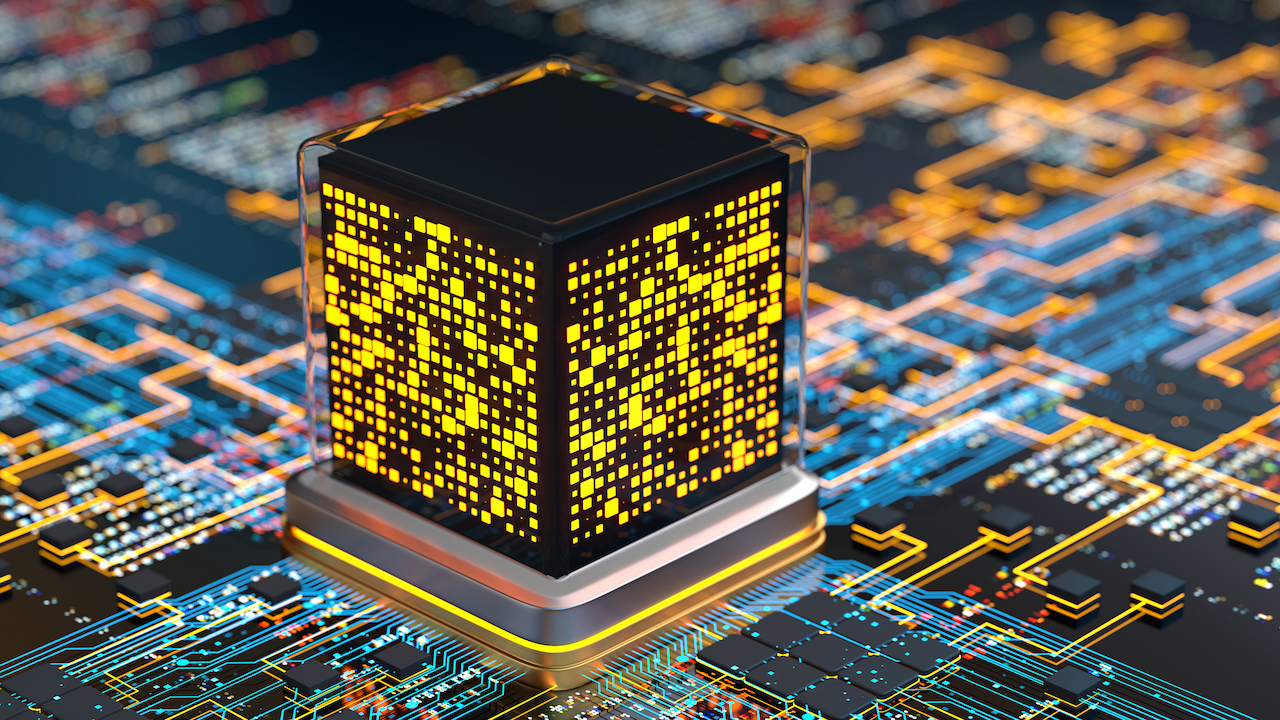While the world focuses on the arrival of 5G, quantum computers are poised to appear in the coming years. The future of computing will be quantum computers, which are faster and more powerful than even today’s fastest supercomputers. With advances in technology, there’s no telling what the future holds. That’s why it’s important to prepare for the future by learning about emerging technologies that could shape our future. While quantum computing has been a thing since the 1980s, it’s still a very new technology. The field of quantum computing is still relatively new. But it’s already revolutionizing the areas of cryptography, cybersecurity, finance, and much more. A quantum computer is a technology that exploits the laws of quantum mechanics rather than the more customary rules of classical physics. This article provides an overview of the current state of quantum computing and what the future might hold. It also discusses the potential benefits and applications of such a computer.

How a quantum computer works
Quantum computers are still in the early stages of development, but the future of computing will be quantum computers, which are faster and more powerful than even today’s fastest supercomputers. A quantum computer harnesses the laws of quantum mechanics to perform calculations impossible for conventional computers to handle. This allows the computer to calculate something extremely complex much faster than any traditional computer, making quantum computers revolutionary.
While current research is focused on how quantum computers work, the principles behind a quantum computer are simple. For example, a quantum computer uses qubits, the basic unit of information. As we learned in school, data can exist in zero and one state. A qubit can exist in either a zero or a one form, but not in both conditions simultaneously. So, if you have two qubits, you can measure them and find out which one is in one state and which is in a zero condition. The measurement will tell you whether they are both zero or, but it won’t tell you which is which.
How to build a quantum computer
Quantum computers are a new technology that harnesses quantum physics to solve complex mathematical problems. This makes them faster and more powerful than traditional computers. Quantum computers are different from traditional computers in several ways. Unlike conventional computers, quantum computers are made of qubits, which can exist in multiple states simultaneously. This means that quantum computers can do much more than traditional computers. They can process data exponentially faster than conventional computers and perform mathematical problems beyond a standard computer’s capabilities. Can quantum computers be used?
Quantum computers are much faster than today’s traditional supercomputers. However, they are only useful if we can figure out how to harness their power. A quantum computer uses qubits, which are very different from binary bits. Binary bits can be 0 or 1, whereas qubits can be any number between 0 and 1. When a quantum computer is created, it is usually set to 0 and 1 simultaneously. When you measure the qubit, it is either 0 or 1, so there is no chance of measuring both states simultaneously. A quantum computer can solve certain problems much faster than a traditional supercomputer. For example, quantum computers can factor numbers quicker than today’s fastest computers.
What are the benefits of quantum computers?
While today’s computers are limited to bits—the smallest unit of information—quantum computers can process qubits. These are the smallest units of information a quantum computer can store, meaning it can perform more computations per second than today’s computers. Quantum computers will be able to solve practically impossible problems for today’s computers. A problem that’s difficult for today’s computers to solve is called an NP-complete problem. These are problems that require a lot of time and processing power. For example, Sudoku is an NP-complete problem.
Quantum computers will change the world.
Quantum computers will change the world, and not just for the good. They will make life easier, safer, and more fun for all of us. The way we think about and approach technology is changing. We are moving from a “post-quantum world,” where quantum computers are relegated to the background, to a “quantum-ready world,” where they are the most powerful form of computing. This transition will happen within the next 20 years, and quantum computers are poised to make this transition.
Frequently Asked Questions Quantum Computers
Q: Do you think quantum computing will ever be used for any purpose?
A: I don’t know, but I know it will be useful. A lot of my work is about the future of computing. We already have very fast computers that can process data extremely quickly. I think that quantum computing will be an incredibly powerful technology.
Q: What’s the biggest obstacle to making quantum computers available?
A: People are still trying to understand quantum physics. When we better understand how these devices work, we can figure out how they will fit into our daily lives.
Q: Do you think quantum computers will make anything better or worse than how we live today?
A: I don’t know, but I can say that quantum computers will be much more powerful than existing computers.
Top Myths About Quantum Computers
- Quantum computers are only a decade away from reality.
- Quantum computers are not going to change the way we do things.
- Quantum computers will make our lives better.
Conclusion
I think the future of computing will be quantum computers. There are already some projects underway to build them. But in the meantime, I think the biggest opportunity lies in figuring out how to use them. Many different applications could benefit from quantum computers. One of the first things I would do is build a quantum search engine. That means I could look for patterns and anomalies in data I didn’t know existed. I could also search a large database without loading it into my memory. That would be a game changer for everything from research to education.





